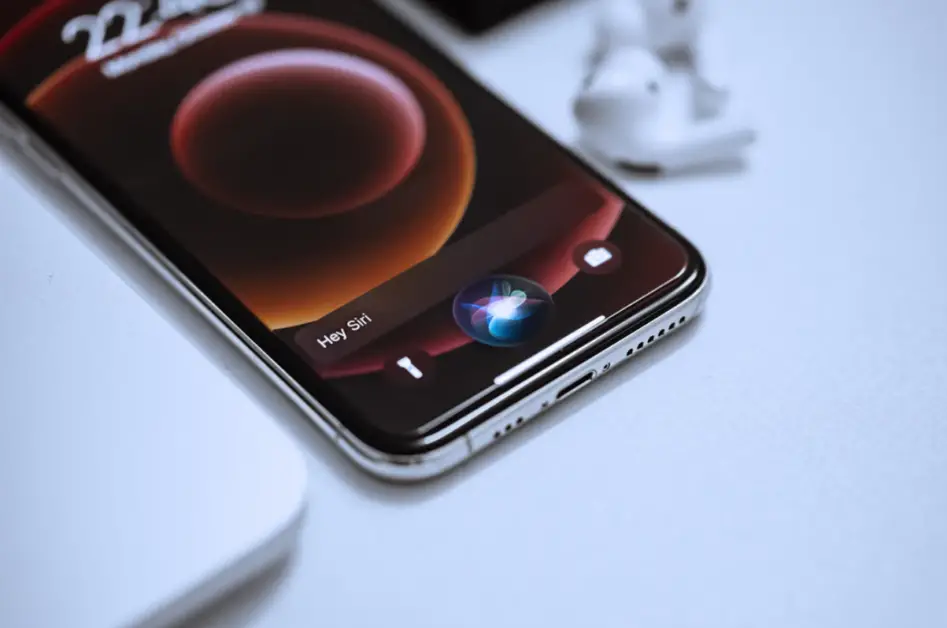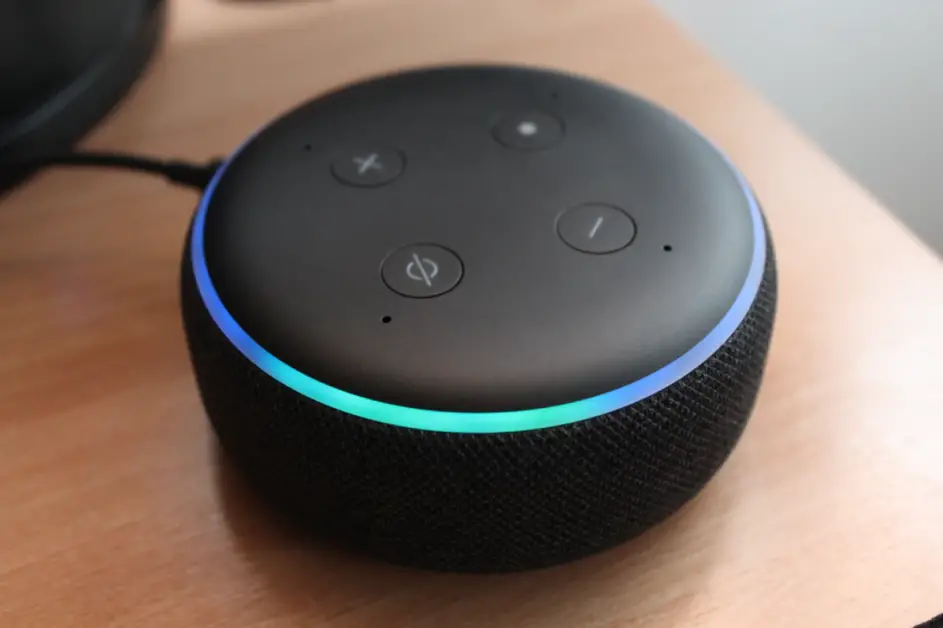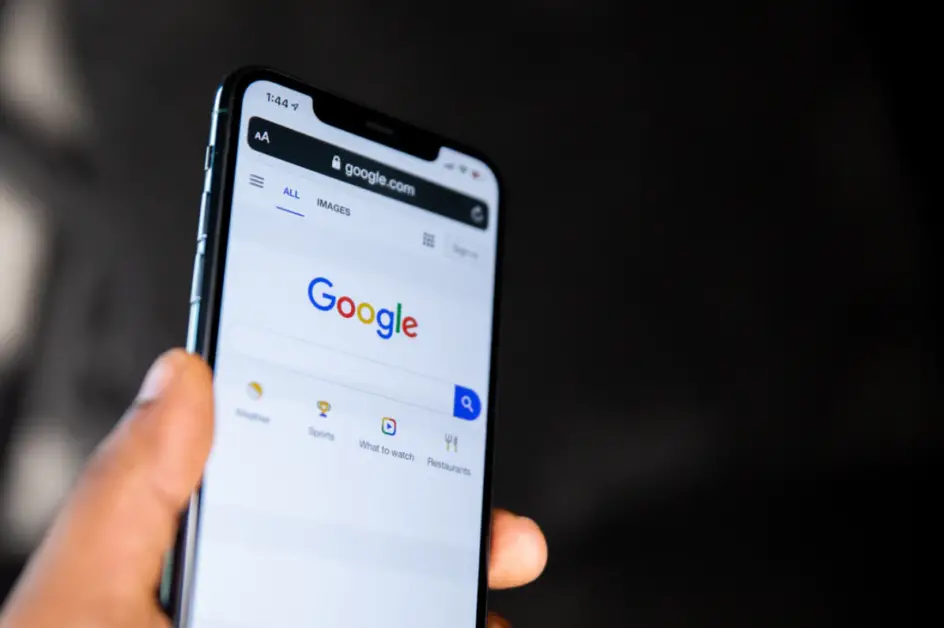Siri, Alexa, and Google are accused of recording users’ private conversations without their agreement.
On Thursday, Judge Jeffrey S. White of the federal district court in Oakland ruled that Apple will have to continue fighting a lawsuit alleging that Siri has improperly recorded private conversations of users without their consent. According to the people who filed the suit, the company’s voice assistant collected personal data and passed it to third parties, violating user privacy.

As the Washington Post reports, the case is one of several that have been brought against Apple, Google, and Amazon that involve allegations of violation of privacy by voice assistants.
Nevertheless, the companies continue to deny their products are ears dropping on private conversations, and they claim they are intended only to help with everyday tasks and play music.
For instance, Faith Eischen, an Amazon spokeswoman, claimed that the conglomerate only stores audio when devices detect the wake word. She also stated that only a “small fraction” of audio is reviewed manually, and users can manage their recordings and opt-out of reviews themselves.

Although, as experts claim, these voice assistants are designed to detect their wake word, more and more users are concerned they are listening even when they are not supposed to.
According to Noah Goodman, an associate professor of Computer Science and Psychology at Stanford University, this particular technology is programmed to listen for its wake word. However, he admits it would be extremely challenging for the developers to “get rid of false alarms completely.”
Apple’s response to the accusations made about Siri was that they do not sell the recordings and they are not associated with an “identifiable individual.” In its attempt to dismiss the suit, the company stated:
“Apple believes that privacy is a fundamental human right and designed Siri so users could enable or disable it at any time. Apple actively works to improve Siri to prevent inadvertent triggers and provides visual and audio cues (acknowledged by several Plaintiffs) so users know when Siri is triggered.”
Meanwhile, as per Reuters, the Google lawsuit, brought by the same plaintiff’s lawyers, alleges the company should not be using information obtained when it incorrectly turns on for advertising.
In a recent statement, the company said they keep the information they collect secure. Spokesman José Castañeda explained:
“By default, we don’t retain your audio recordings and make it easy to manage your privacy preferences, with things like simple answers to your privacy questions or enabling Guest Mode. We dispute the claims in this case and will vigorously defend ourselves.”

The lawsuit alleges that the data obtained improperly by the voice assistants is used to target advertisements toward users.
Responding to these accusations, the companies claim they use the reviewed information to improve the efficiency of their products.
Nicole Ozer, the technology and civil liberties director of the ACLU of California, believes that the suits against the tech giants are proof that people are realizing how much information voice assistants are collecting. She said:
“I think this lawsuit is part of people finally starting to realize that Siri doesn’t work for us, it works for Apple.”
Do you use a voice assistant for your everyday tasks? Have you ever had issues with the information it gathers? Let us know in the comment section!



